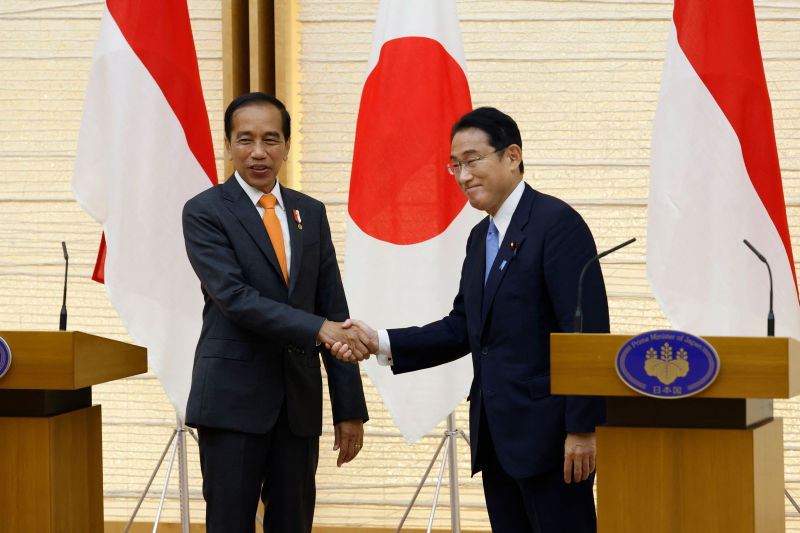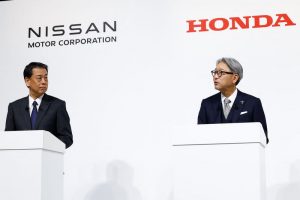Toyota plans to invest 27 trillion rupiah ($1.8 billion) in Indonesia over the next five years to produce electric vehicles (EVs) as Japanese carmaker seeks to ramp up its transition to renewables.
Indonesia’s chief economic minister Airlangga Hartarto met with Toyota vice-chairman Shigeru Hayakawa on Tuesday in Tokyo, the ministry said in a statement.
Toyota could not immediately be contacted for comment.
The carmaker has been forced to defend its slow entry strategy into electric vehicles, saying it needed to offer motorists a variety of choices.
Once a darling of environmentalists, Toyota has more recently drawn criticism over its apparent reluctance to phase out petrol-powered cars.
Recently, energy and climate think-tank InfluenceMap has rated it the worst among major carmakers for its lobbying record on climate policy.
The Toyota deal with Indonesia comes as Japanese Prime Minister Fumio Kishida and Indonesian President Joko Widodo said they had agreed during talks to cooperate in a variety of fields, including energy and maritime security.
Japan also agreed to provide 43.6 billion yen ($318.25 million) in loans to Indonesia for use in infrastructure projects and disaster prevention.
• Reuters, with additional editing by George Russell
READ MORE:
Indonesia Hails Deeper Trade Cooperation After China Visit
Indonesia Sets Higher Standards for Peer-to-Peer Lenders
Foxconn Seen Looking at $2 Billion Indonesia EV Partnership























